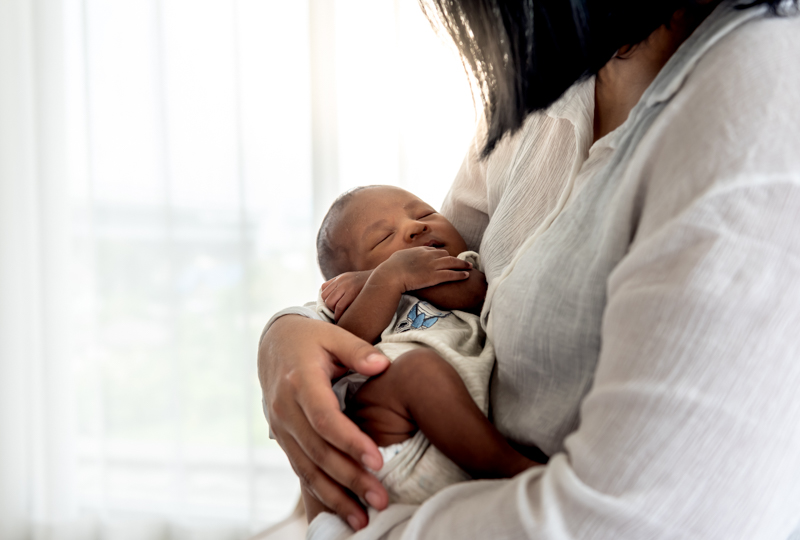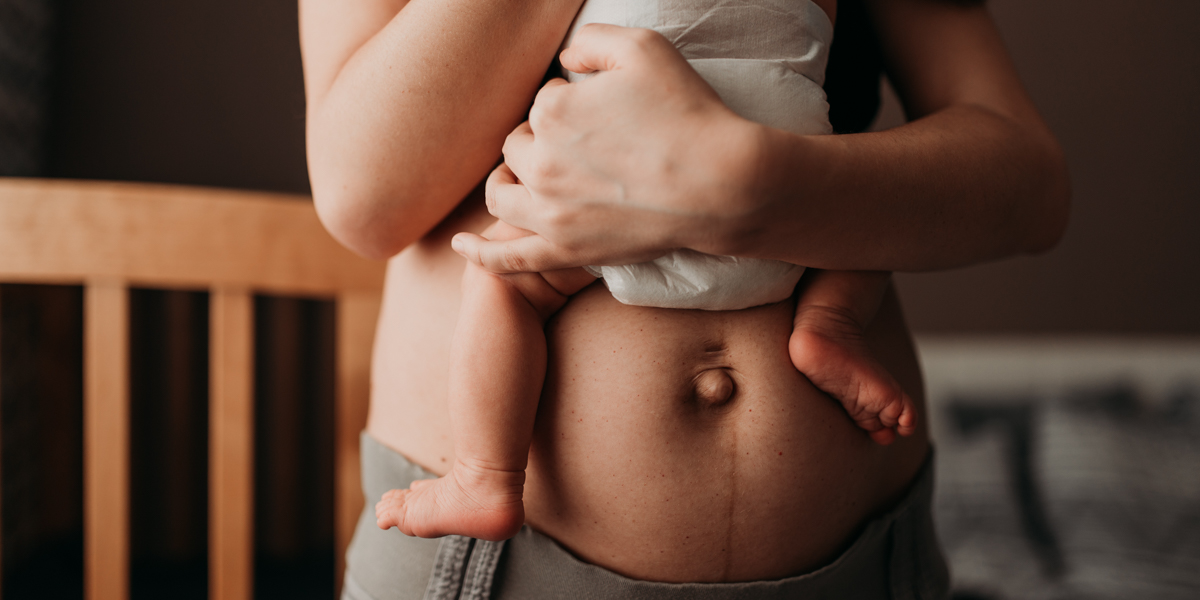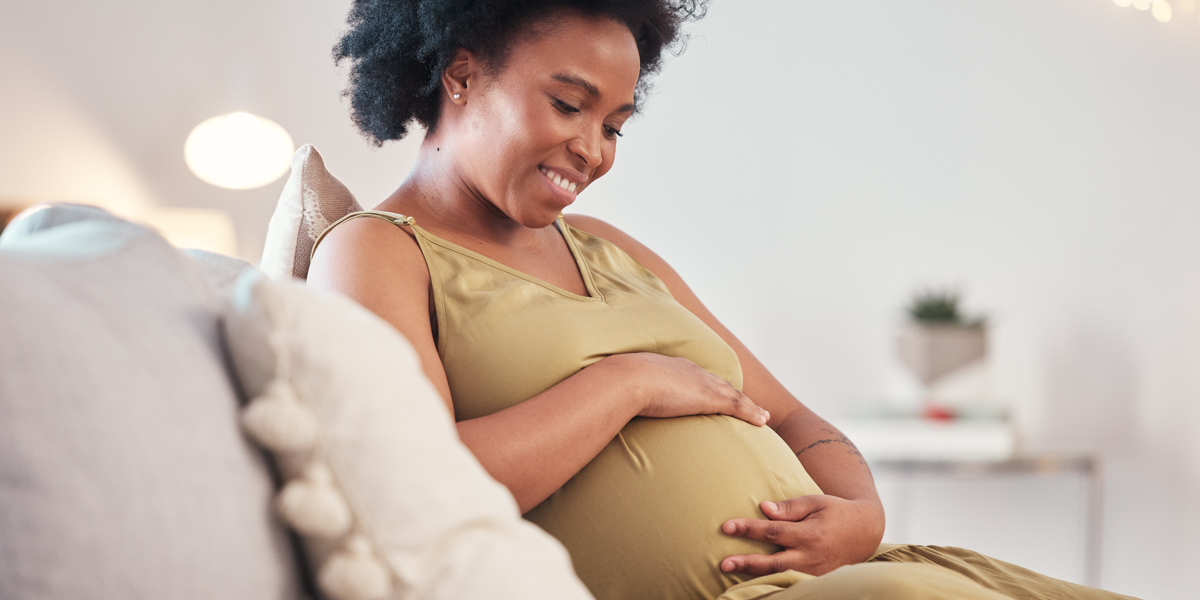Whether you have a vaginal birth or a C-section, you will need time to recover after delivery. A Vanderbilt expert tells you what to expect.
With all the excitement surrounding the birth of your baby, one thing you may not be thinking about is resting and taking care of yourself after delivery. However, we are here to tell you that postpartum recovery is just as important as all the other things on your checklist.
“We cannot emphasize enough that rest and recovery are very important after delivery.”
“The labor and delivery process is going to put your body through a significant amount of stress,” said Dr. Soha S. Patel, a Vanderbilt Health maternal-fetal medicine physician specializing in high-risk pregnancy care. “We cannot emphasize enough that rest and recovery are very important after delivery.”
Postpartum care after a vaginal delivery
After a vaginal delivery, your health care provider will likely recommend you stay in the hospital for one to two nights. Immediately after giving birth, you will be checked often for things like:
- Pain: Some abdominal pain is normal. It may feel like cramps as your uterus begins to shrink to its normal size. Your perineum may also be painful or swollen. For the first 24 hours, you can put an ice pack wrapped in a clean cloth on the area for 10–20 minutes at a time.
- Temperature and blood pressure. Your vital signs will be monitored until they are stable.
- Anesthesia response: Your health care team will ensure you regain feeling and can move your lower legs and feet.
- Bleeding: The lining of your uterus will start to come out as bloody vaginal discharge. Your team will provide sanitary pads and make sure you aren’t bleeding too heavily.
Within two hours of giving birth, you will be encouraged to get up and move around. Be sure to call for help from someone on your health care team the first time you try to stand or walk.
“We will also perform other exams like pushing down on your abdomen to see how firm your uterus feels and generally check to make sure you are recovering as expected,” Patel said.
Postpartum care after a cesarean delivery
A cesarean delivery, or “C-section,” is a surgery that cuts through several major layers in your abdomen and into your uterus to remove the baby, and it may take time for you to fully recover. Your health care team will be monitoring you as your anesthesia wears off and will be looking for signs of some of the risks associated with having a C-section, such as:
- Bleeding
- Infection
- Injury to other organs near the uterus
- Blood clots
You will likely stay in the hospital for two to three nights. During your stay, your health care team may give you medicine through an IV that you control, known as a patient-controlled medicine, and/or oral pain medication.
After the hospital and your postpartum care visits
Depending on your personal health history and what kind of delivery you had, your provider will give you instructions on how to take care of yourself at home after you leave the hospital. The goal will be to ensure that you are healing physically, but also that you are feeling supported mentally and emotionally so you can care for your baby and enjoy building your special bond.
“Be sure to attend your postpartum visits and ask any questions you may have.”
“Your OB-GYN can be such a valuable resource during this time and will want to help you in any way possible,” Patel said. “Be sure to attend your postpartum visits and ask any questions you may have. Chances are, any issues you are experiencing are common and have solutions. Do not be afraid to speak up and be your own advocate.”

Expert care for you and your baby
Each pregnancy and delivery is unique and yours should be too. Learn more about how Vanderbilt Health’s obstetrics and maternal fetal medicine teams bring together nationally ranked expertise and personalized care from your first prenatal visit to delivery and beyond.
To learn more, call 615-343-5700 or schedule an appointment online.




